20+ Years Experience
Specialist Business Insolvency Company

Get in Touch Today to Speak to a Specialist Adviser
A winding up order is a court order instruction to close down a company and liquidise the assets, which is done in a bid to earn money.
This order is usually the final move by creditors following a series of unsuccessful attempts to recover their money.
In an attempt to make back some of this money, a winding up order will be given to the company, indicating that not only will the company permanently close down but also that all the company’s assets will be liquidated.
This is a stressful time for all involved with the business, but the ramifications for the director can be serious.
During a winding up order, directors must undergo an investigation to see where the issues lie and what went wrong with the business.
Challenging a winding-up order once the official receiver has claimed it is possible, but you must act quickly to ensure this.
We will share the process that needs to be followed to challenge winding up orders and hopefully get your business back in action.
Companies across the board rely on creditors of some kind, and when there is an issue with the company’s affairs, it can be difficult to pay all the creditors back in full and on time.
When payments become late or non-existent from a company, it is common for creditors to chase these payments and apply pressure on the company in the form of County Court Judgements (CCJs) and even with action by bailiffs before a winding up order.
As winding up petitions are very costly for creditors to develop, they are not usually done lightly, and action needs to be taken now to protect the future of your business.
If your business is dealing with financial issues, then you need to seek professional advice. This is the best way for you to find out what you need to do to save the business and what your best options are in this current circumstance.
A winding up order can be issued to any company that owes more than £750 and has failed to pay the 21-day statutory demand sent by the creditor.
Creditors will send this 21-day statutory demand before the winding up order is issued to see how the company will react. Failure to pay during this time will result in a winding up order, and companies are given only five days to challenge this.
In the case of compulsory liquidation proceedings, an Official Receiver is initially appointed as the liquidator, but additional help can come at a later date, such as through an independent insolvency practitioner (IP).
During the liquidation proceedings, the office holder assigned to your case will take control of the company, where they can then sell the company’s assets to generate funds for creditors and distribute these funds as needed.
Once this process is over, the company’s name will be removed from the register at Companies House, and the business will close down permanently.
The winding-up process is a legal procedure which begins with the service of a petition by the creditors.
If the company fails to pay its debts, it can be wound up with winding-up orders and may be forced into insolvency.
The winding-up process aims to distribute the company’s assets among its creditors, tax authorities and shareholders.
The winding-up process typically involves court proceedings and requires an official application by one or more creditors who wish to declare the company unable to pay its debts formally.
Initially, creditors must make a winding-up order and provide evidence to show that the company is insolvent and can no longer meet its financial commitments.
Once this criteria is satisfied, a hearing will be held, at which all parties involved in the process will attend.
At this hearing, provided there are not any viable alternatives, such as an arrangement with its creditors or a voluntary liquidation agreement, then the Court offers a “winding up order” which officially dissolves the company and places it into compulsory liquidation (or administration) by the Insolvency Act 1986.
At this stage, some people argue that customers should not take legal action until all other avenues of negotiation have been explored.
Before entering insolvency proceedings, customers may be able to recover an amount greater than what will be achieved after the initiation of a formal legal process.
Even if the winding-up petition is successful, customers may lose their rights as future claims may be excluded after formal insolvency proceedings have begun.
While it is important to consider alternative options available before initiating legal action against non-paying debtors, there are instances where taking legal action might be necessary.
It is also important to remember that delay in suing debtors may lead them to further difficulties or failed trading ventures, which often decreases clients’ or customers’ chances of recovering their debts.
The company’s financial difficulties will put its clients/customers at risk due to a lack of cash flow within business operations/activities.
Whether winding up proceedings is necessary depends heavily on each case, and risk assessment for both creditor and debtor needs to be conducted accordingly.
When attempting to dissolve a company through a Winding-Up Order, the petitioners role is an integral part of the process.
These petitioners are typically made up of creditors, liquidators, members of the company and former directors who have their reasons for wanting the company to be wound up.
Generally, they must prove that the company is insolvent to satisfy the requirements of the criteria set by law.
For creditors, a winding-up order can give them confidence about recovering their outstanding debt from a company which may be unable to make good on its financial obligations otherwise.
In most cases, creditors will get paid sooner rather than later if a court grants a winding-up order — providing enough assets are available once all other debts have been settled.
This gives creditors greater assurance than other traditional forms of debt recovery, such as county court judgments.
There are also times when directors or members of a limited company seek out winding-up orders; for example, if two members are embroiled in a dispute and one party wants a faster resolution than litigation can offer them.
Winding up orders gives parties involved in a venture more control over how its affairs are brought to an end and even gives them access to information that is not publicly available under normal circumstances.
While wind-up orders certainly have benefits, they must be applied correctly and with carefully considered evidence to comply with UK Insolvency Law.
Petitioners should thus ensure that the evidence provided is accurate, backed up with relevant documents and reflects the amount of money currently owed to creditors and any assets owned by the company.
Once all parties understand the petitioners role in initiating a Winding-Up Order, it’s time to turn our attention to what happens during Forced liquidation.
Forced liquidation is a form of insolvency which happens when a court-appointed official is appointed to wind up the affairs of an insolvent company, liquidate it and distribute any remaining assets.
It is a last resort option when all other forms of insolvency have failed to address the company’s problem.
Different stakeholders in the company may have other objectives regarding forced liquidation.
For creditors, it allows them to receive what is owed to them and for owners, it provides them with a vehicle through which debt can be eliminated.
However, from an employee’s perspective, the process usually leads to job losses and unpaid salaries.
One argument against forced liquidation is that the practice can penalise businesses in financial trouble unfairly, as companies are held accountable even if they make sincere efforts to avoid insolvency or implement some restructuring option.
Additionally, businesses may be at too significant a disadvantage to lawyers and accountants who often manage insolvency proceedings to benefit themselves financially.
On the flip side, not all business owners take on their debt responsibilities seriously – leaving creditors and customers out of pocket – and these companies should have no right to stay afloat while avoiding payment obligations.
Forced liquidation allows those companies to be controlled while providing some justice for those affected parties by allowing them access to the remaining assets.
No matter how successful a forced liquidation might be, it can cause significant disruption within an organisation, mainly when there are rising debts due from customers or tax arrears owed by HMRC.
This disruption can make it difficult for a company to recover as customer goodwill is lost and partnerships have broken.
Forced liquidation may be necessary and overly punitive by different stakeholders in terms of its ability to help financially distressed companies and creditors get back on track.
The Insolvency Practitioner must ensure fairness between these two groups during the winding-up process.
The Insolvency Practitioner (IP) ‘s role is to oversee a company’s winding-up process, including:
The role of an Insolvency Practitioner is paramount in guaranteeing payment to creditors during a difficult financial period.
It can be argued that without this supervision, there could be more misuse and abuse of the winding up process. On the other hand, some say that IPs may take advantage and charge exorbitant fees for services providing little benefit.
This issue must be addressed for creditors to feel secure when placing companies into administration.
An IP must have sound knowledge of business insolvency procedures to adequately assess all creditor claims, inform relevant authorities of irregular practices, and appropriately manage assets.
As a director, you may be disqualified or held personally liable for some of the company’s debts during a formal insolvency procedure.
The liquidator will investigate the conduct of all directors from three years leading up to the insolvency to see if there are any instances of wrongdoing or misconduct. These transactions could be anything, such as paying one creditor in favour of another to selling the company’s assets at an undervalue.
If you believe there is a legitimate challenge against winding up orders for your company, you need to act fast.
Once a winding-up order has been addressed, companies only have seven days to collect all the relevant facts.
There are two instances when a winding up order can be legitimately challenged:
Various parties currently involved in the process can apply to ‘stay’ the liquidation, including the liquidator, the Official Receiver, creditors and shareholders.
If you want more information regarding challenging winding up orders, you have come to the right place. At UK Liquidators, our experts can help with all kinds of issues related to liquidation proceedings and can give you the best advice in a timely manner.
As there is a short window of time when you can challenge a winding up order and stop the liquidation process, we understand that our clients need to act fast, which is why we offer free same-day consultations and have local offices in all regions across the country.
Before they can apply, the creditor needs to send a 21-day Statutory Demand to the company for the payment of the debt.
If the debt remains unpaid following this, then the creditor is eligible to petition the court for payment which takes place in the form of winding up petitions.
If the debt remains unpaid on behalf of the company, the creditor will ask their solicitor or legal team to apply for a compulsory winding up order.
The winding up petition is the name given to the application, which is sent to court before an order can be sent out. This winding up petition is reviewed in a court process and, if it is passed, will be sent to the insolvent company.
It generally takes around 28 days in total for the winding up order to take effect.
Once your company has received a winding up order, you must act fast to save your company. There is a total seven-day time limit for companies to take one of the following courses of action, which could save their future:
It is recommended for you seek the advice of an insolvency company that will appoint an insolvency practitioner to your case for any of these options.
If you are unable to take any of these steps, for example, if you have run out of time, the matter will be taken out of your hands once the court has approved the winding up order.
There is no stopping the liquidation process from this point, which is why you should act quickly.
Working with a licensed insolvency practitioner can be a great way to maintain your company’s property and the company’s accounts during a winding up order, as they can guide you to the best option.
Before a winding up order is granted, the winding up petition, which is taken out by the company’s creditors, will be advertised in the London Gazette, where it will be seen by all banks and HMRC.
This is how more financial issues will come about for the company, as upon hearing that there are debts owed, banks will freeze the company’s bank accounts to safeguard their money. This means companies cannot pay creditors or indeed afford the legal fees that come with this process.
As all of this is going on, and you wait for the hearing date, the court will appoint an Official Receiver to start selling the company’s assets as liquidation of the limited company, as well as to start investigating directors for signs of misconduct or wrongful trading.
Once a court approves a winding up order, there are still some ways that you can stop any further action and potentially save your business.
It is recommended for all companies to seek professional advice during this time, so they understand the insolvency rules and take the right legal action. There are two ways that the legal process server may be stopped following a winding up order:
The earlier you enter your counter claim for the winding up order, the better your chances are of success.
For example, intervening at the Statutory Demand stage, which is the first stage of creditor action, can significantly improve your chances of succeeding and remaining on the Companies House register.
During this stage, you need to appoint an insolvency practitioner who could suggest a Company Voluntary Arrangement or another insolvency procedure that will alleviate the creditors’ fear of non-payment and have better results.
If a limited company wants to oppose the winding up petition, it must file a witness statement to the High Court. This witness statement should demonstrate the grounds for your opposition to the compulsory winding up order.
As well as filing this statement in court, a copy of the witness statement will need to be sent to your petitioning creditor, who is owed money, and their legal team.
All parties that intend to appear at the court hearing must notify the petitioning creditor. This notice should also outline whether the party intends to support or oppose the petition, the amount of their debt, and the nature of the debt.
Suppose you are successful in your dismissal of the winding up petition.
In that case, the court approves this notice in the London Gazette to prevent the freezing of company bank accounts and maintain sufficient funds for legal costs and other charges.
A winding up order is extremely serious, which is why this is such a stressful time for directors.
Unlike in a Creditors Voluntary Liquidation, directors cannot nominate a liquidator during the insolvency process and are instead given an appointed liquidator from the court. Likewise, the official receiver who will investigate the conduct of all company directors is appointed by the insolvency service, and there is no control given to the business.
Once the order has been granted, the court will appoint an Official Receiver to act in the company liquidation process.
During this process, the Official Receiver will deal with creditors and investigate the actions of the directors in the period running up to the insolvency. In some cases, they may recommend an insolvency practitioner to be used.
A company is issued a winding up petition from creditors as a last resort in trying to get paid.
This petition usually follows a series of unsuccessful attempts from the creditor to recoup the funds using standard methods of collection. It is important to remember that during this time, the company is not bankrupt but rather insolvent.
Declining an insolvent company is not necessarily a death sentence for companies, but this depends on how quickly action is taken.
A limited company is considered insolvent because it cannot pay liabilities or has poor management accounts, leading to these legal proceedings in the form of a winding up order.
The minimum debt value is £750, which increased to £10,000 as part of the government’s temporary measures, which takes place from 1 October 2021 to 31 March 2022.
We can help you to postpone or avoid the winding up process and subsequent compulsory liquidation. Contact us today to see how we can help.
A winding up petition will be issued if one of your creditors is undisputedly owed £750 or more and has not been paid despite several attempts to get the debt back through standard methods.
For the winding up order to be issued and close down your company, creditors need to prove that the debt exists and remains unpaid. This is usually done through a 21-day statutory demand which will be issued before the winding up order.
Various forms of creditors will use this form of action, including trade suppliers, HMRC, and banks.
If this form of action is taken, then your creditor may believe that you have deliberately avoided making payments, or it can indicate that you have a poor repayment history and they are concerned you will not meet their requests.
Regardless of the reason, filing for a winding-up petition is an expensive action to take, which means that it is usually done as a last resort.
It is important to note that once the petition has been served, a court hearing will take place even if you pay the petitioning creditor in full. You need to act fast to prevent this, as once the petition goes to court, other creditors can step in and cause more issues for your company.
Even though there is a limited time to act, our experts may still be able to help as we have a lot of experience dealing with this kind of situation. We can help get an adjournment or even have the petition dismissed from court.
There are many ramifications that a winding up petition can bring to the company.
Once a winding up order has been granted through a public court hearing which can be accessed by all creditors associated with your company, a liquidator will be appointed to wind up the company. Their role is to liquidate the assets for the benefit of the creditors and to investigate the conduct of directors in the time leading up to insolvency.
Following the liquidation process, the company will be removed from the Register of Companies at Companies House, meaning it will cease to exist.
It is a statutory requirement that to get a winding up order, all petitions must be advertised in the London Gazette. This is a way of informing the public and other creditors of your situation, which in turn will get back to the banks who handle your accounts.
In a bid to protect their own interests, banks will freeze accounts, and creditors can take further actions against the company. The advertisement is usually placed in the London Gazette seven days after the petition has been served.
Companies should act under the advice of an insolvency practitioner to ensure they are moving in the right direction and protecting the interests of the company.
In some cases, a validation order may be granted to allow trading as normal until a future court hearing date or for a specific period as laid down by the court.
Without this validation order from the court, companies cannot move or dispose of company assets when dealing with a winding up order. Doing this is a breach of director duty and will have serious ramifications.
It is not enough to simply pay off the petitioning creditor in full or to start a payment plan with them, as once the winding up order has been installed, other creditors can come forward.
This is called substitution and occurs when other creditors take over a winding up petition against your company.
Dismissing the winding up order records should also be considered if you are repaying the debt in instalments. By keeping the winding up petition in the public record, the petitioner risks allowing another creditor to use this to recover their own debt during this time.
The decision whether or not to dismiss the winding up petition will be based on the company’s financial position currently, which will indicate whether you can be trusted to make the new repayment arrangements.
It is important to note that if you do decide to argue against a winding up petition in place again your company, you may incur significant expenses in terms of court fees.
This is something that the company director will have to balance against the company’s future and whether it can continue trading in future to determine whether it is worth it.
Many other fees are associated with defending a winding-up petition in a court, such as the cost of a solicitor and barrister who must represent your company in court, the overall court fee, and the potential costs of covering the petitioning party.
To get to this stage in the first place, the creditor will have already paid fees between £1,500 and £2,000. If you are successful in arguing against the winding up petition, these fees may be added to the original debt amount, you need to pay before the petition is dismissed from court.
With a lot riding on the success of your challenge, you may be wondering whether it is worth fighting for your company assets in the first place. However, successfully challenging a winding up order allows your company to continue trading, which can go on for many years.
Your brand can become profitable again during this time, and these expenses will be worth it.
To ensure the highest chances of being successful in your claim, you should work with insolvency professionals like us.
In some circumstances, directors may be held personally liable for some or all of the company’s debts, such as when the company is insolvent.
During this time, there are many areas of concern for directors, such as:
Personal guarantees are commonly requested to reduce the lender’s exposure to risk, and therefore many directors have taken out loans against some of their personal assets for the betterment of the company. These are likely to be called in when the company becomes insolvent, meaning the director can lose personal assets and cash from their accounts to help creditors get maximum returns.
Under insolvency law, a company must cease trading as soon as directors are aware that it is insolvent or likely to become insolvent soon. Directors can be held personally liable for any trading that takes place following this date, even if they were unaware of the changes.
If directors have a hand in any form of fraudulent activity, such as deliberately avoiding the repayment of the debt, this can have serious ramifications.
Directors should also be concerned about ‘antecedent transactions’, which will be assessed by the official receiver. These are transactions that were made when the company was already insolvent or which later caused the company to enter this process.
There are two common types of antecedent transactions that directors should be concerned with:
If your company is struggling with unmanageable debts, squeezed cash flow, or an uncertain future, then you have come to the right place. We speak to directors just like you every single day, and we are here to give you the help you need to get through this challenging time.
Under the Company Director Disqualification Act of 1986, directors can be penalised for various forms of misconduct, and there are significant consequences such as:
We offer professional assistance to those dealing with a winding up petition against their company and provide fast results.
Call one of our insolvency experts for a same-day consultation or visit us in one of our 100 offices across the UK so we can get started in helping you deal with this winding up order.
Here are some other informative articles about business debt in the UK:

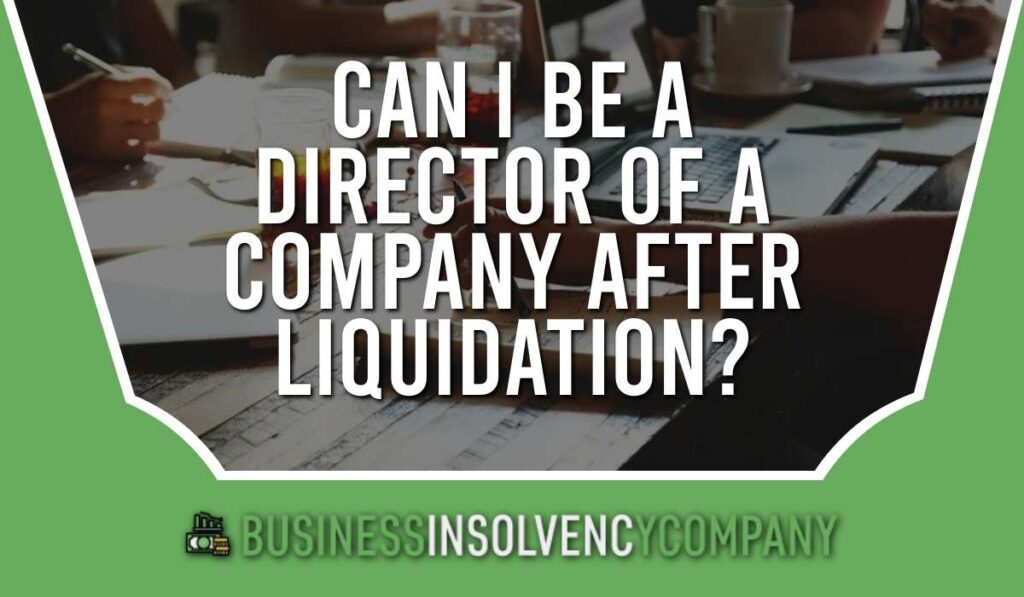


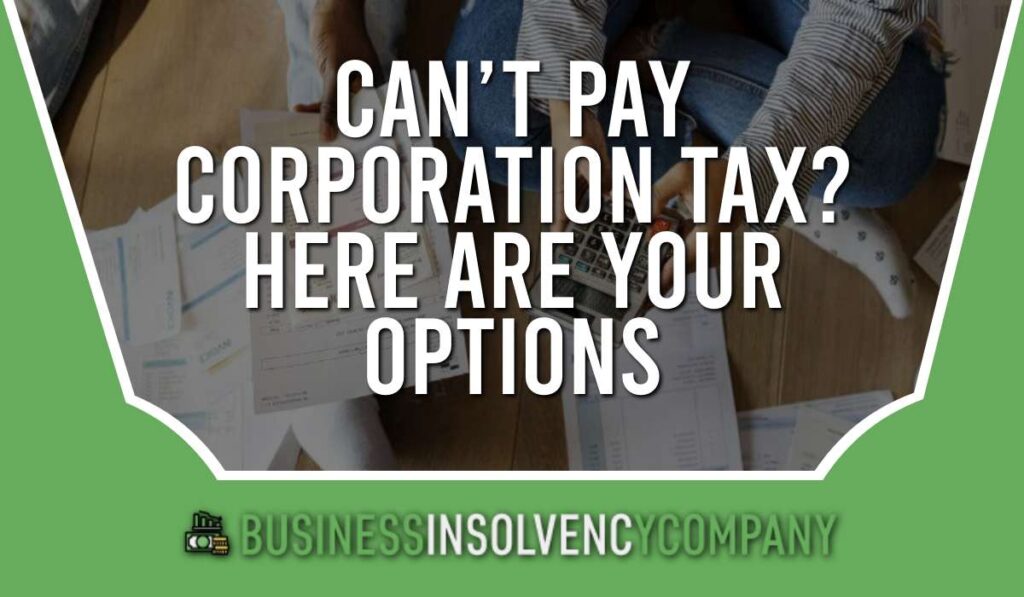

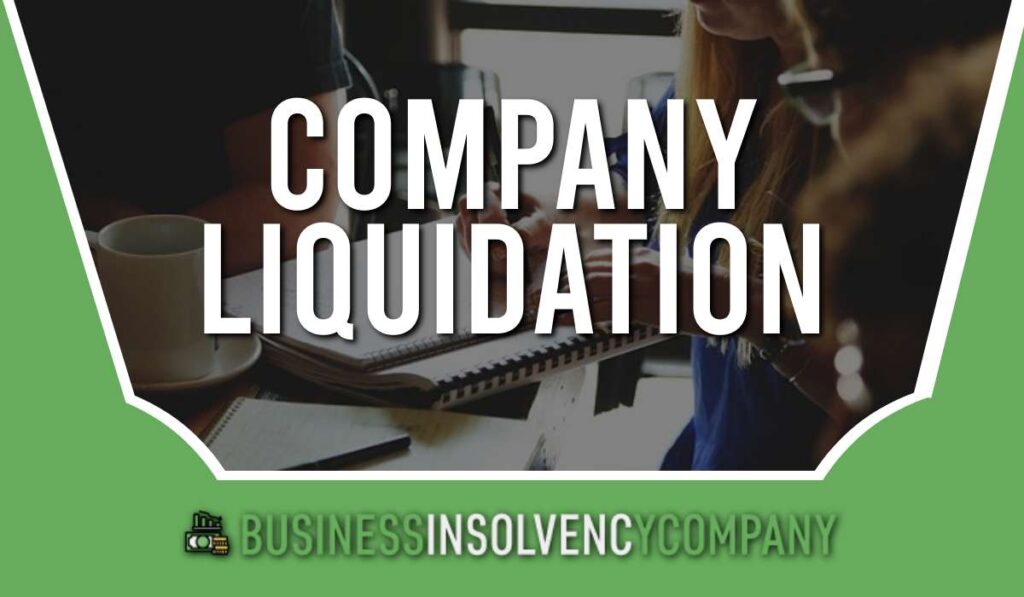


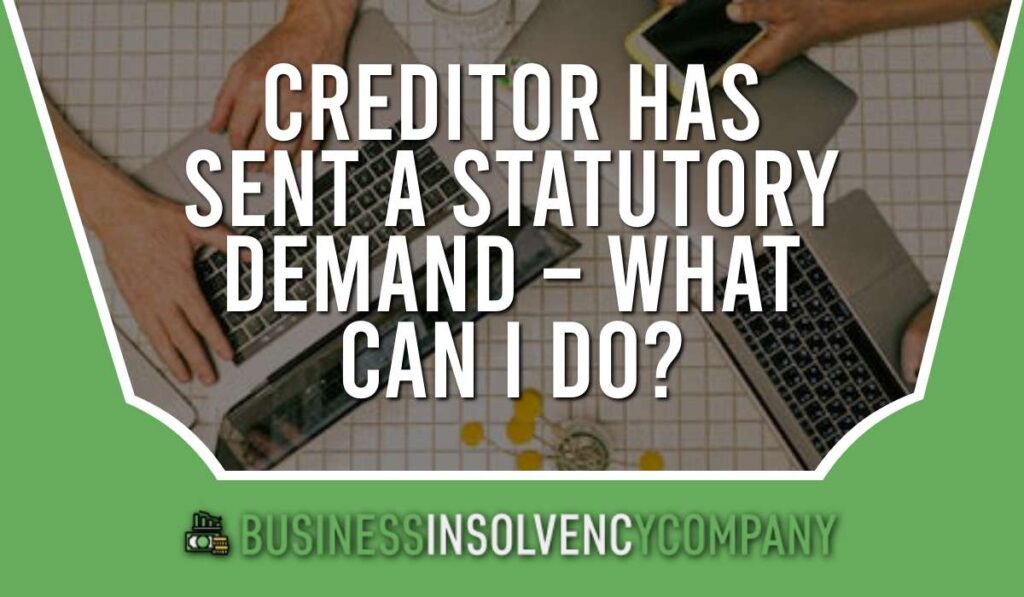
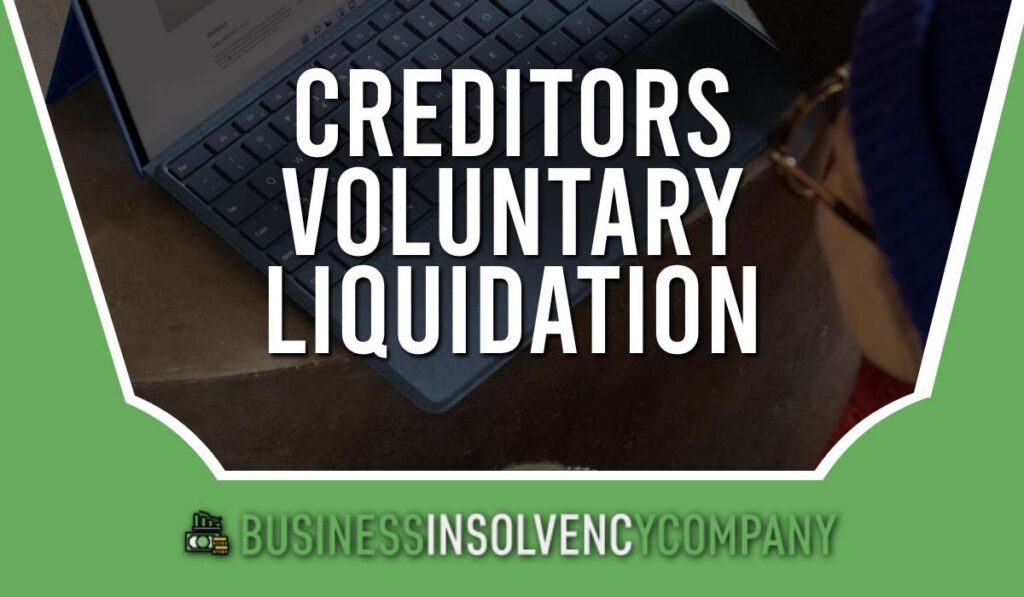
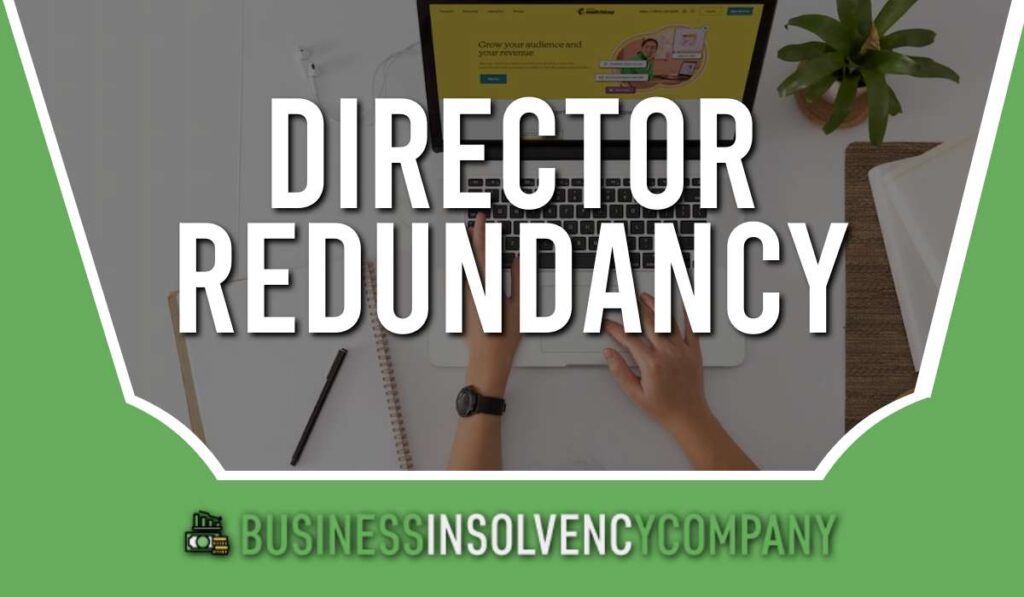

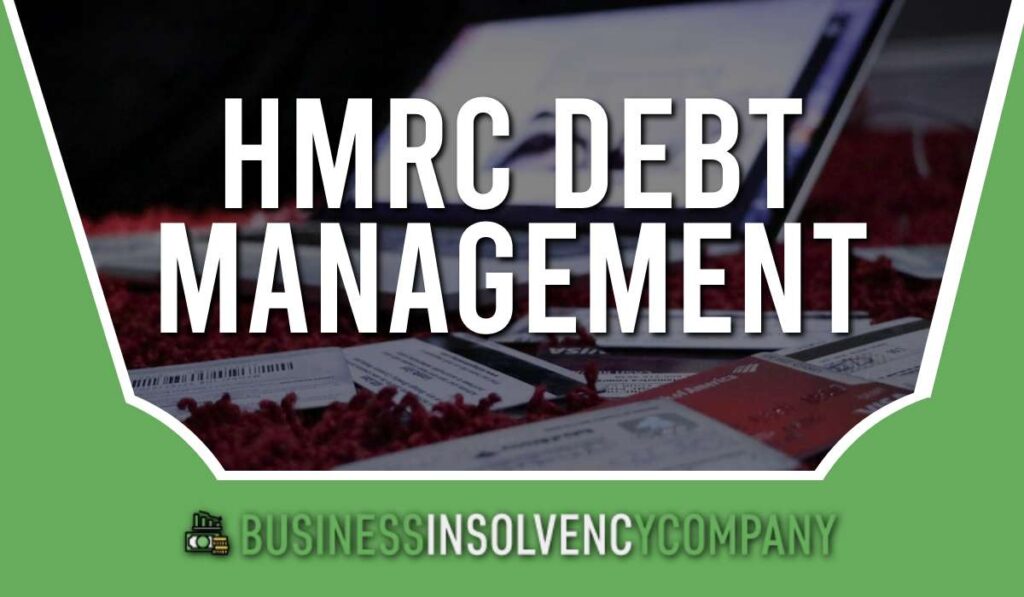

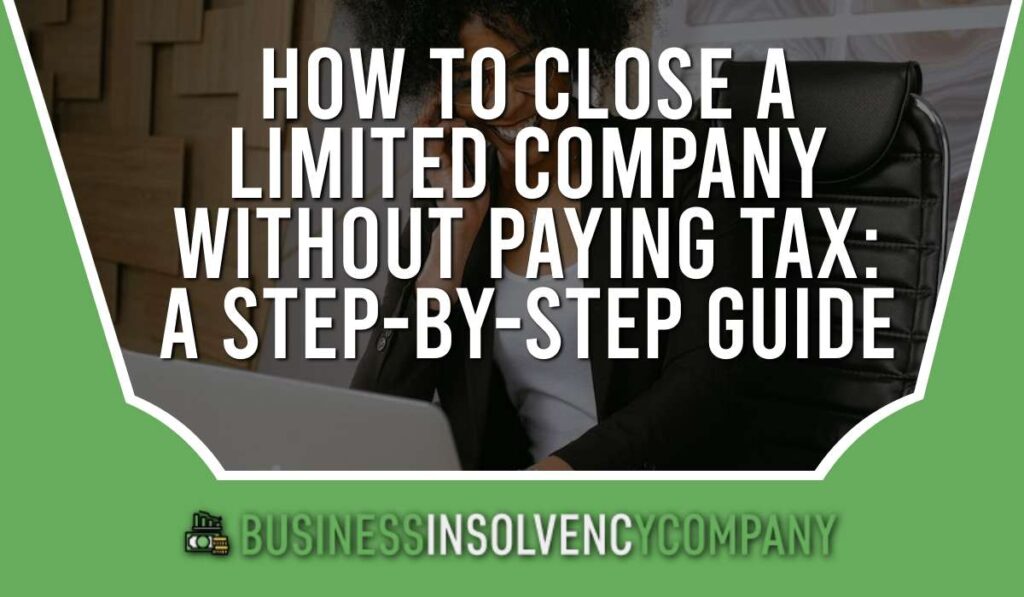
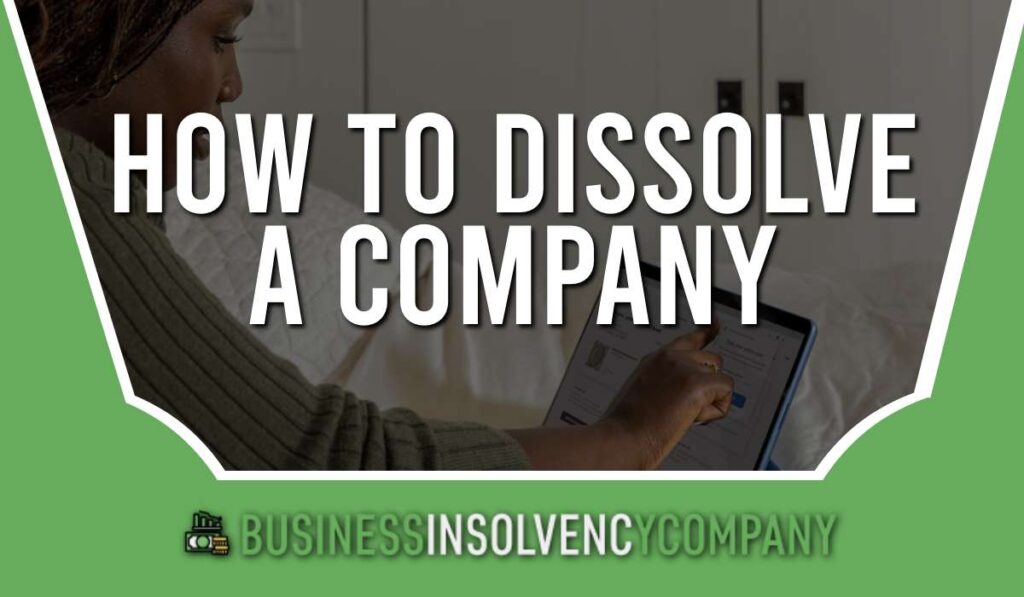









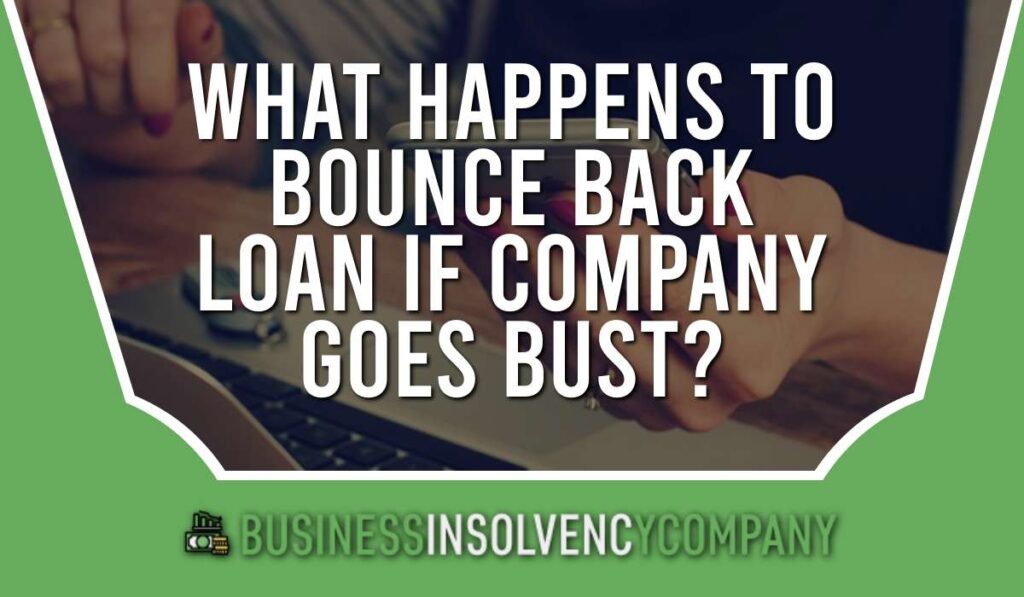
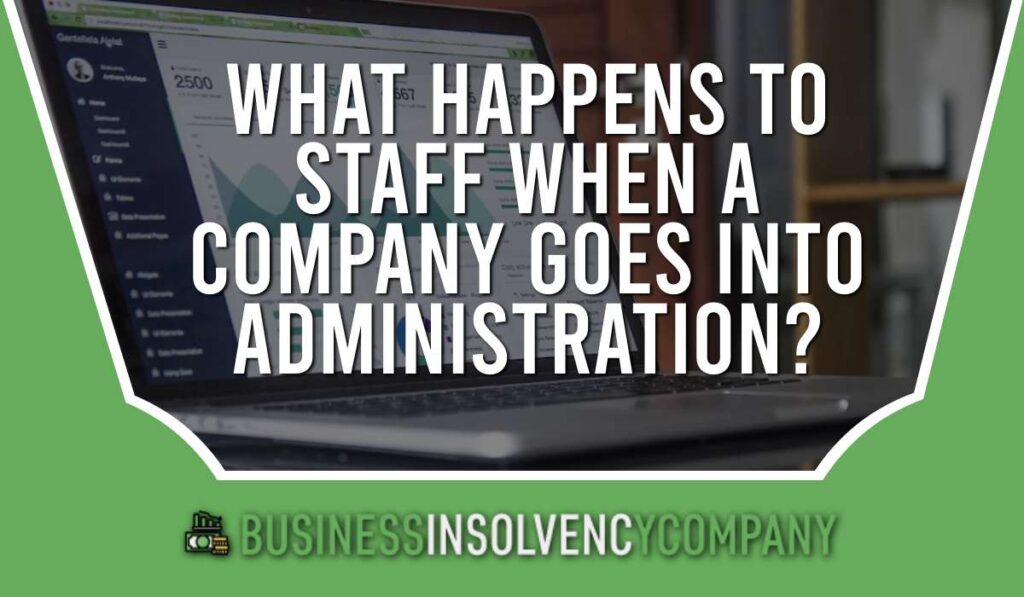

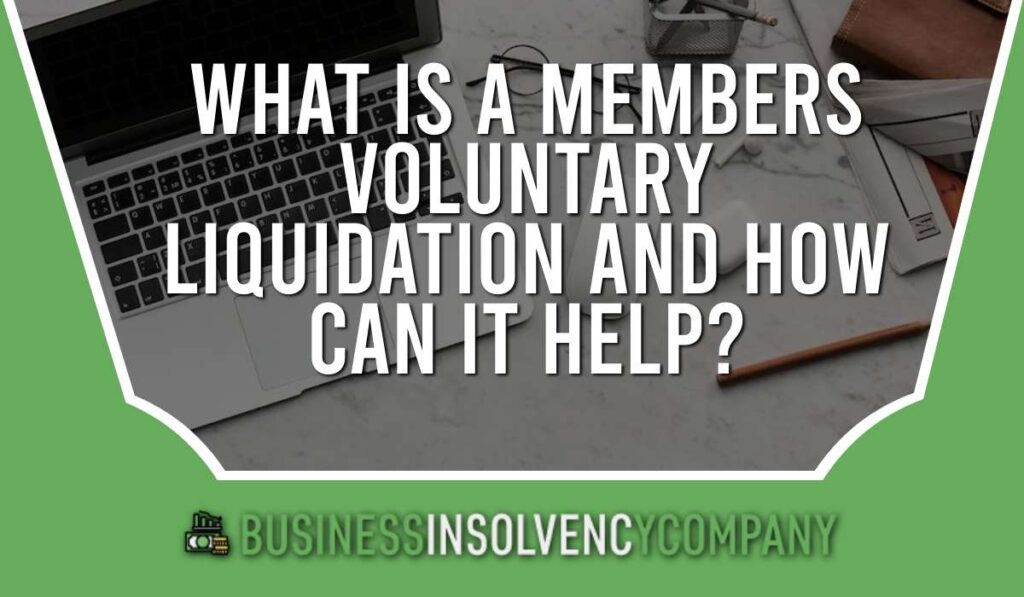

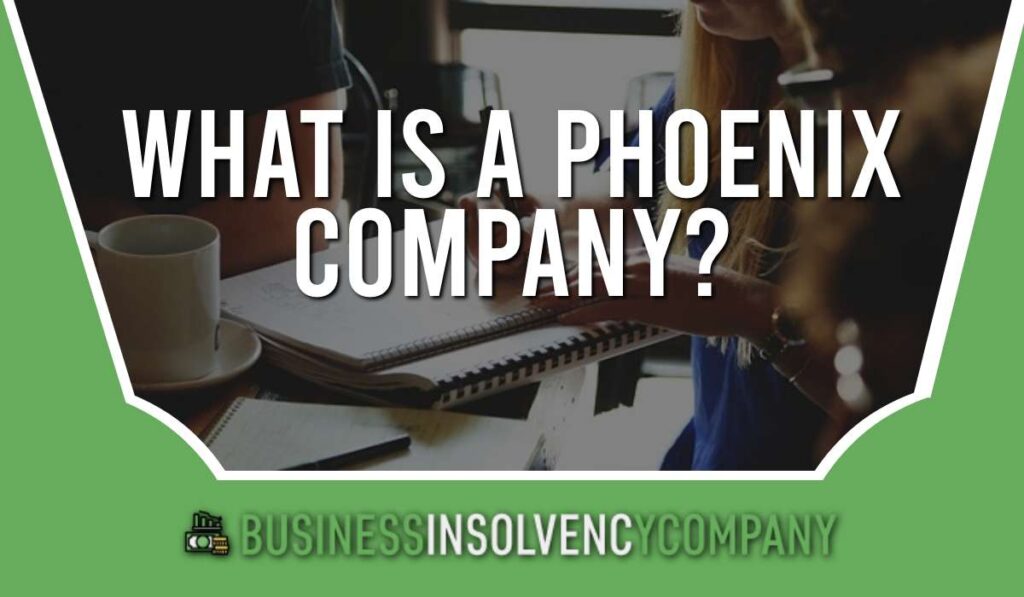

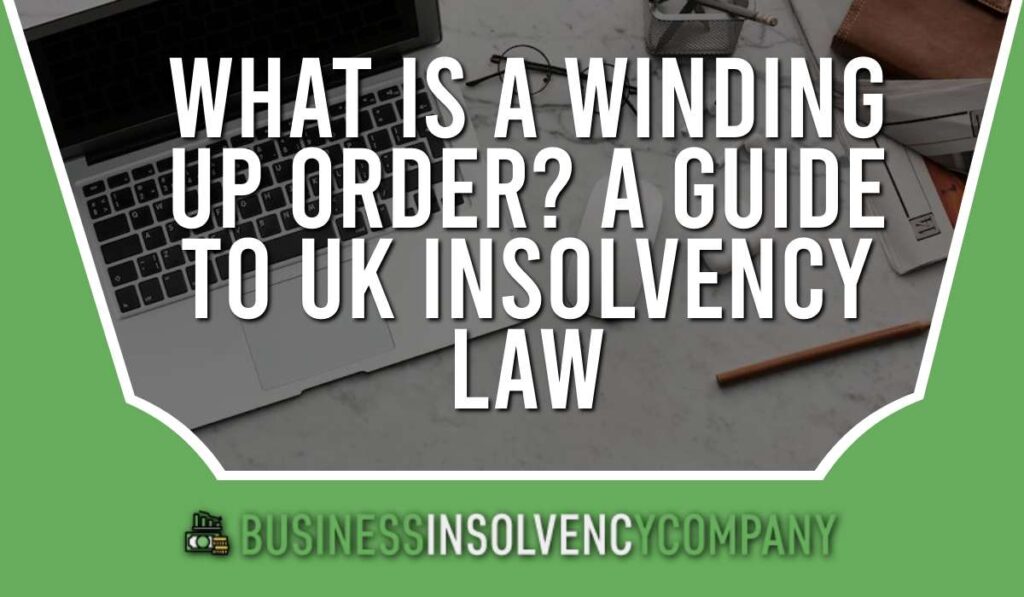




We Aim To Reply To All Enquiries With-in 24-Hours